Hello everyone! Welcome! If you’re new to my skincare blog. I offer a range of Facial treatments designed to promote balance and rejuvenation, utilizing clean beauty products with medical grade ingredients to enhance your beauty without compromising your health.
I believe in term of Anti-aging you don’t need to wound the skin in order for your skin to produce more collagen! In fact, instead you should be feeding your skin on the cellular level by using ingredients that will increase the collagen production.
Here are two powerful ingredients combined in delivering remarkable skin rejuvenation!
Osmosis MD proudly presents the latest scientific data on the revolutionary delivery system StemFactor MD serum!
This Breakthrough research highlights the incredible power of exosomes in delivering remarkable skin rejuvenation results averaging 47X MORE exosomes per ml than leading competitors.
What are Growth Factors?
Growth Factors are essential proteins that protect the skin and stimulate new cell growth. Derived from ethical and versatile human adipose stem cells, these molecules are crutial for skinhealth and rejuvenation.
StemFactor MD combine stem cells with fibroblasts ( wound healing) to create a rich environment for producing these growth factors, ensuring comprehensive skin protection and repair.
What are Exosomes?
Exosomes are tiny, nano-sized vesicles that act like protective envelopes around each growth factor.
Rich in proteins, lipids, and nucleic acids, exosomes play a critical role in enhancing the longevity,
penetration, and activation of these growth factors at the target site in your skin.
Benefits of exosomes in skincare
Aging skin: Exosomes support aging skin by delivering beneficial growth factor media thta enhance cellular communication. They increase collagen and elastin production, diminishing fine lines and wrinkles.
Wound healing: They reduce inflammation accelerate tissue remodeling and minimize scarring, enhancing skin healing.
Pigmentation: Exosomes inhibit melanin formation, helping to reduce age -related pigmentation and promoter an even skin tone.
Improved skin texture and tone: They contribute to a smoother skin texture and more uniform skin tone., reducing discoloration and imperfections.
Stem Factor MD Exosomes vs Competitor:
Osmosis StemFactor MD Competitor average
Exosomes per 30ml bottle 3.5 trillion 100 billion
If you have any questions about this amazing Anti-Aging serum please don’t hesitate to message me.
As always my mission is for you to achieve your best skin ever!!
XO,
Laure Michaelis @ Lavande Face & Body
'





